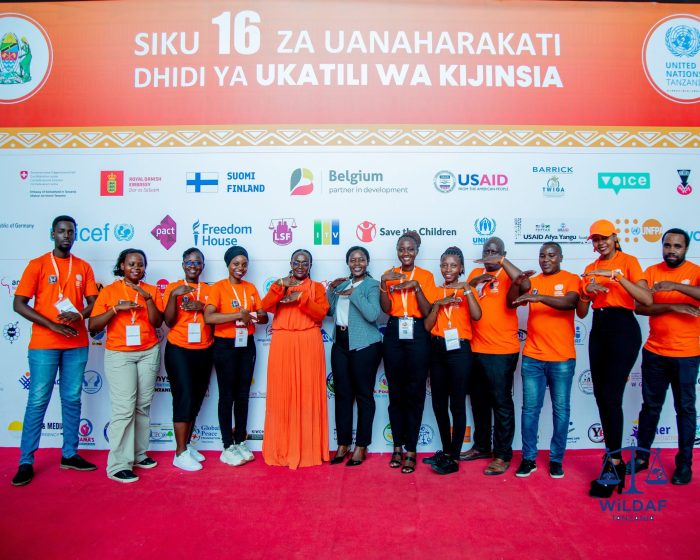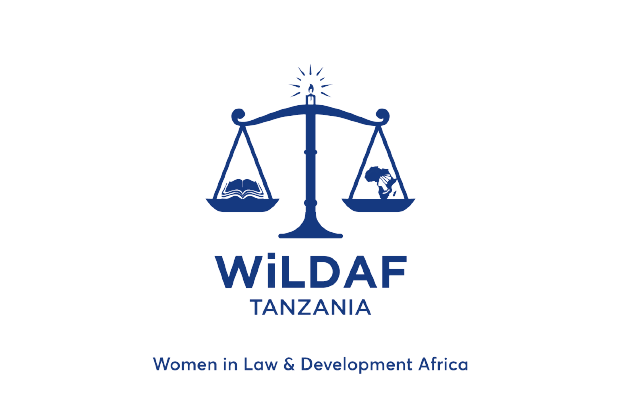Increased access to Justice for Women, Girls, and Other Marginalized Citizens
WiLDAF will continue bridging the gap between formal and informal system through legal empowerment programs so that women, girls, and other marginalized groups are able to access justice. We will promote a coordinated response, by bringing together justice providers, women civil society organizations, human rights defenders and local communities to collaborate towards gender-responsive justice. We will advocate strengthening of criminal justice to ensure effective response services for women, girls and children who are abused and discriminated.
WiLDAF will continue with advocacy work regarding amendment of discriminatory laws which infringe women’s access to justice and will continue advocate for the review and/or enactment of gender responsive laws. This include among others the following laws:
a. The Law of Marriage Act, 1971
b. The Customary Laws of Inheritance,1963
c. Domestic Violence Law or Comprehensive gender based violence law
d. The Citizenship Act,
e. The Political Parties Act
f. The National Election Act
g. The Election Finance Act
Further, we will advocate for the ratification and domestication of sub-regional, regional and international human rights instruments. Some of these international instruments include among others;
a. Ratification of the Violence and Harassment Convention, 2019 -ILO Convention190
b. Country Program Document-CPD
c. Development of Convention against Gender Based Violence
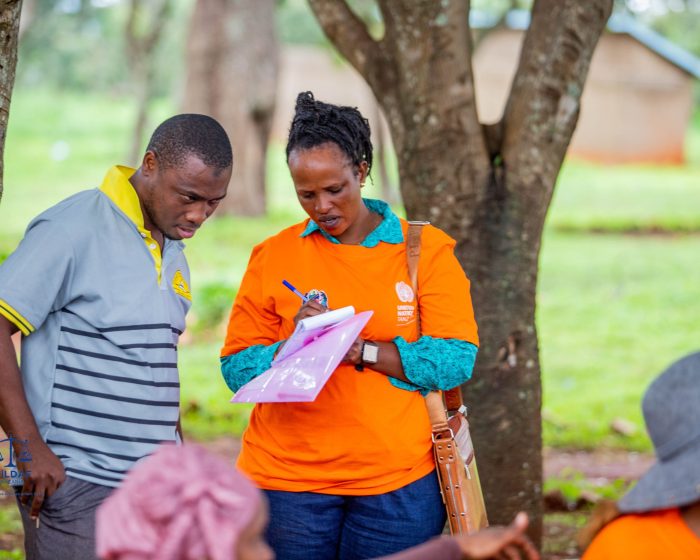
Reduced Gender Based Violence to End Violence Against Women and Children
By analyzing GBV trends, WiLDAF will put more emphasis on the areas/sectors with widespread violence but receive little attention in particular violence in public spaces such as workplaces, public transport, markets, learning institutions and online. The aim is to ensure all sectors are reached to create safer spaces for all. WiLDAF in partnership with key stakeholders will continue to conduct evidence-based research that would inform policy at a national and sub-national level. The voice of girls and women will be amplified through feminist agendas advocated for in movement building.
WiLDAF will design programs that promote social transformation by engaging with communities, recruiting, and empowering champions (including male champions) who will be facilitated to design their own innovative solutions in transforming mindset and VAWC in their locale. Recognizing the importance of violence prevention from the early age, WiLDAF will develop school engagement programs through Shule Salama Clubs to empower children to report, speak and stand against violence in collaborations with teachers and parents for safer learning spaces.
WiLDAF intends to support the Government efforts to rollout the new NPA-VAWC by strengthening capacity of duty bearers at the Central and Local levels to better understand and implement the plan. WiLDAF will also build capacity of local government officials, religious leaders, and other influential partners in designing a robust referral mechanism to respond to violence and ensure victims and survivors are referred to appropriate channels for proper support services. In addition to that, lesson from the previous Strategic Plan indicates strong need for establishing Shelter Services for victims of violence. WiLDAF will establish one shelter in Dar es Salaam and continue collaborating with likeminded organization to increase availability of shelter services across the country.
WiLDAF will continue to mobilize anti-GBV campaigns across the country and make utilization of international events such as the 16 Days of Activism Campaign Against Gender Violence, International Women’s Day, International Day of a Girl Child, African Children Day, and African Women’s Day.
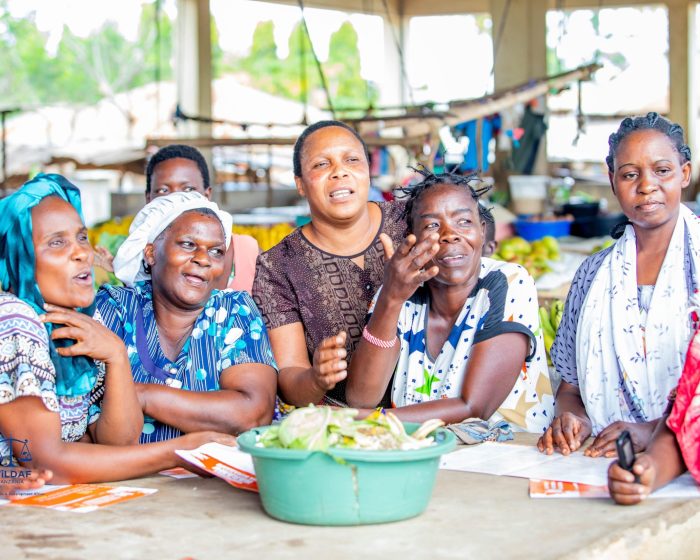
Strengthened women’s and young women’s participation in leadership and feminist movements.
Women participation and representation in leadership and decision-making process is recognized by international, regional, and national legal instruments. Recognizing the role of women in leadership and decision-making processes, Tanzania retains a system where women are allowed, through an affirmative action introduced by Article 66(1)(b) of the Tanzanian Constitution, women have been assigned 30% in parliament and all local government elections. Section 86A (1) of the Local Government (Elections) Act provides expressly that: ‘There shall be women special seats in the local authorities as provided for under the Local Government (District Authorities) Act and the Local Government (Urban Authorities) Act.’ See also Regulation 61(1) of the Local Authorities (Councilors’ Elections) Regulations (2020), G.N. No. 401 published on 5/6/2020.
Despite the efforts made by the Government and other stakeholders, women are underrepresented in decisionmaking bodies as per gender parity threshold of 50:50. Currently, women occupy only 37.6% of parliamentary seats while at the district level and below, they represent only 10% of the political elite. The ineffective participation and underrepresentation are caused by both institutional and socio-cultural challenges, which include gender blind laws and policies governing democratic processes, patriarchy norms and values embedded in the social settings.
WiLDAF commits to engaging and collaborating with the Government and Political Parties to improve the conducive legal and institutional environment for women participation in politics and leadership positions. WiLDAF will also engage with the private sector to ensure women’s representation in leadership positions in companies and institutions is strengthened.
WiLDAF believes in strong the feministic ideology towards achieving 50:50 representation of women and men in all levels of decision-making positions, since feminist leadership is both about who holds power, what you do with power, self-awareness, self-care, dismantling bias and supporting inclusion. Thus, WiLDAF believes that to challenge longstanding stereotypes regarding who is entitled to hold power, gender parity in positions of power is an important objective to be pursued. This is a necessary, but not sufficient, step to ensure feminist leadership,
which shares power and responsibility in an inclusive, intersectional, and participatory manner.
In the coming five years, WiLDAF strives to build strong feminist movements committed to an intersectional approach that will challenge the current systems of criminalization, discrimination, and inequality. WiLDAF will support like-minded partners that promote innovative solutions, through processes of co-creation and collaboration. WiLDAF is committed to promote feminist leadership which offers new, transformative, and
innovative approaches that model broader participation of diverse partners, and a greater commitment to democratic principles.
WiLDAF envisions a feminist movement which will strengthen capacity of women-led and girls-led organizations to carry out agendas and hold government accountable. Special attention will be given to the impact of COVID19 on households where access to education was impeded, and the burden of care increased. WiLDAF is committed to strengthen feminist movement that will draw attention on the critical need for increased gender segregated data collection, use, and financing to support evidence-based policymaking.
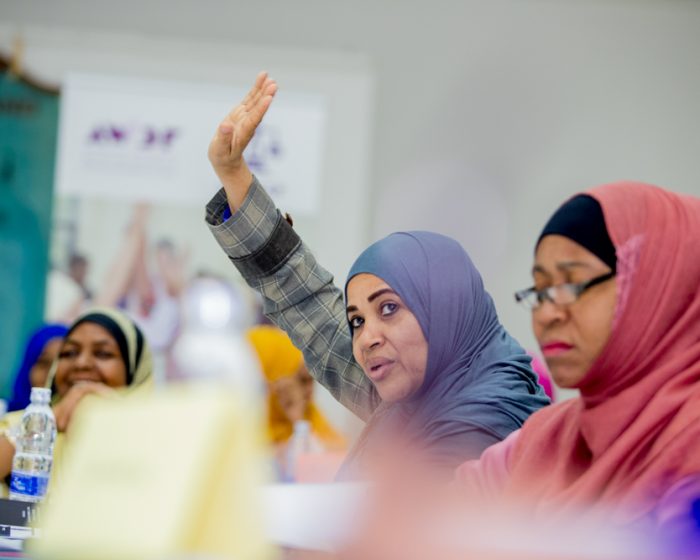
Increased access to Sexual and Reproductive Health and Rights (SRHR) and Bodily Autonomy
Women and girls have the right to make decisions concerning their bodies, including fertility and sexuality, free of coercion, discrimination and violence. In health care contexts, the rights to informed consent and confidentiality are vital to ensuring free decision-making. Participation of women and girls, and people with disabilities in all decision-making processes, which impact their rights, including bodily autonomy and SRHR, is vital for building an equal and just future.
Women and girls, are increasingly deliberately targeted for and subjected to various forms of violence and abuse, including rape; arbitrary killings; torture and mutilation; sexual violence and slavery; child, early and forced marriage; forced prostitution and forced impregnation; and forced termination of pregnancy and sterilisation. Furthermore, they are also deprived of access to essential health care, including SRHR information and services, leaving them more vulnerable to high rates of unwanted pregnancies, unsafe abortion, maternal and low
birthweight, miscarriage, premature labour, and sexually-transmitted infections due to disintegrating health systems, unsafe environments, mobility restrictions and preexisting structural barriers. The lack and denial of SRH services is a direct violation of human rights, which perpetuates gender inequality and impedes inclusive and sustainable development.
Furthermore, people with disabilities, including women and girls, face additional barriers to accessing healthcare, assistive devices, wheelchairs, and medicines. People with disabilities often are also unable to access their rights to SRHR, both due to lack of trained medical professionals as well as laws which limit their autonomy by giving other individuals, such as family members or doctors, the right to make decisions for them without their consent, including about contraception, abortion, and sterilization.
WiLDAF intends to fill in this gap through intensive knowledge dissemination, awareness raising, capacity strengthening and advocating for laws and policies that will promote sexual and reproductive health and rights and bodily autonomy.
WiLDAF will advocate for the provision of SRHR services in a comprehensive manner and without discrimination, as well as advocate for full access to SRHR information and services for all women and girls, addresses the need to invest in health systems through the development and strengthening of the capacities of national institutions to ensure equal access to healthcare, including SRHR services,
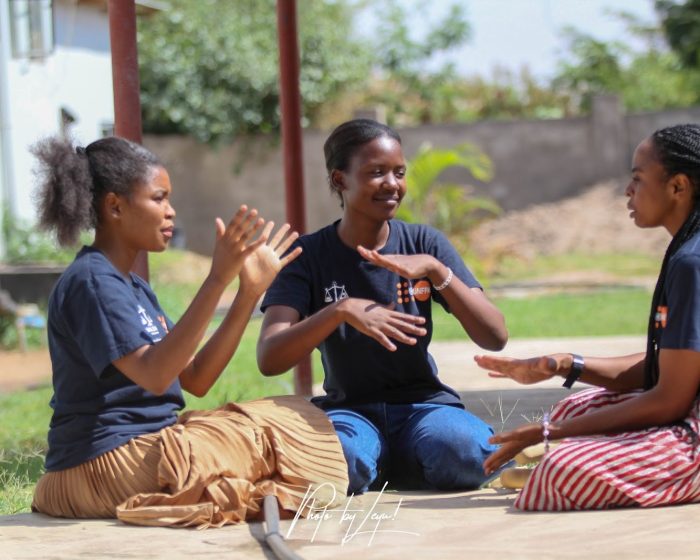
Enhanced Women Economic Justice and Rights
The Government of Tanzania has committed to advance women economic rights under the generation equality forum, action coalitions platform. This is the aspiration of Her Excellency, Samia Suluhu Hassan, the 6th phase President of the United Republic of Tanzania who agreed to champion its implementation. WiLDAF seizes this opportunity to support expanding descent work for women in formal and informal economy, increase women access, control and ownership of resources and opportunities to fulfil their potential.
For the coming 5 years WiLDAF will champion ratification of ILO Convention 190 concerning violence and harassment, strengthen enterprises, business institutions and workers unions to formulate strong frameworks to support safer environments for women participation, empower women to access existing opportunities and linkages within the country and beyond.
Further, WiLDAF will work to ensure more conducive legal and policy frameworks are set to promote women access to resources and opportunities. Linking with Thematic Area 1: Increased Access to Justice for Women, Girls, and Other Marginalized Citizens; WiLDAF will champion the review of discriminatory laws of inheritance that hinder women and girls from owning land through inheritance.
Considering adverse impact of climate change into economies and livelihood, WiLDAF mainstream climate resilience component in its economic justice programs. Women and girls will be empowered to develop and implement activities that are resilient to climate change and contribute to safeguarding the environment
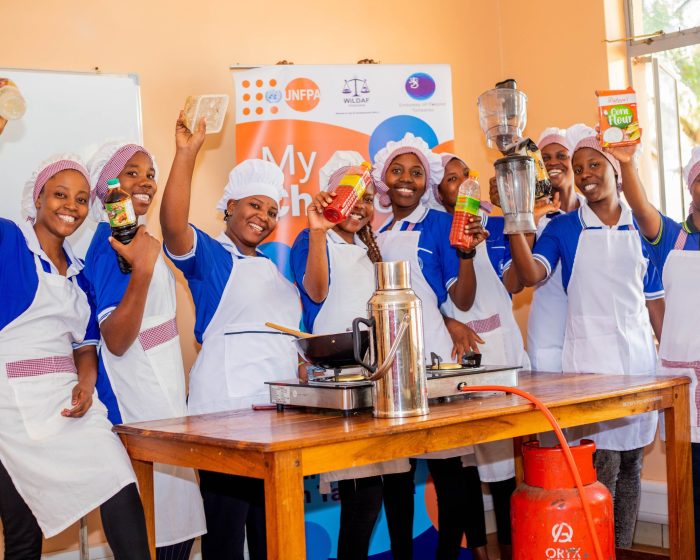
Strengthened partnership and institutional capacity that is supported by a good governance framework
that is gender inclusive and sustainable.
Institutional strengthening is key to successful implementation of this strategy. As a networking organization, WiLDAF institutional strengthening entails broad ability to deliver impactful and sustainable programs ability to deliver effective programs by the organization and its members. At the organizational level, for the next five years the focus shall be on; Governance; Human Resources; Finance; Programme; Operation; Communication; External
Relations and Resource Mobilisation. WiLDAF will make major investment in technology to support migration into digital world. It is anticipated that by 2027 all organization systems and operations will be digital. For network members WiLDAF will continue providing support to ensure they are able to design and implement effective gender transformative programs. WiLDAF will further empower network members to improve on governance and resource mobilizations to support their programs.
